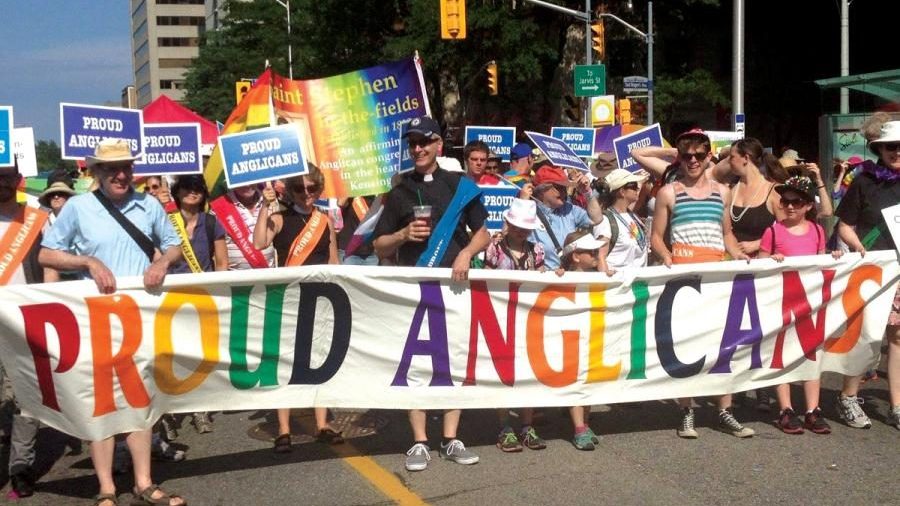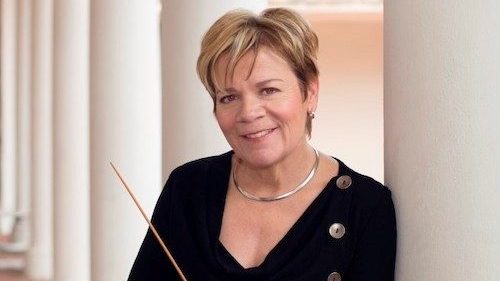October 24, 2019
Merivale And Poof Doof To Launch New LGBTQ Night At Ivy
Merivale has announced that iconic Melbourne LGBTQI+ club night POOF DOOF is coming to Sydney for a new weekly residency at Ivy.
0 Comments4 Minutes
October 24, 2019
Web Series: The Crazy Bitches Are Back!
From film to web series, Jane Clark’s horror/comedy, Crazy Bitches returns to your living room screen!
0 Comments10 Minutes
October 24, 2019
Most Witches Are Women
“Witch hunt” – it’s a refrain used to deride everything from impeachment inquiries and sexual assault investigations to allegations of corruption.
0 Comments8 Minutes
October 23, 2019
Equal Voices Lament Anglican Conversion Practice Against Gender Diverse People
Equal Voices Christians have responded to the recent Sydney Anglican diocese’s decision to promote, as doctrine, forms of conversion practice ideology against gender diverse people.
0 Comments5 Minutes
October 23, 2019
Celebrating 10 Years Of The Red Rattler
2019 marks 10 years since the Red Rattler threw open its doors in Marrickville as a creative playground for performers, musicians, artists, designers, multimedia makers, experimentalists, filmmakers, activists, organisers, and audiences alike.
0 Comments1 Minutes
October 23, 2019
Interview With Theatre Director Bridget Balodis About Her Play: She Is Vigilante
She is Vigilante answers a call for female representation, both on stage and off. A powerful reminder that women can be scary, powerful, and ferocious.
0 Comments11 Minutes
October 23, 2019
Marin Alsop Launches Tenure as First Female Chief Conductor Of Vienna Radio Symphony Orchestra
Marin Alsop makes history once again this Thursday, October 24.
0 Comments3 Minutes
October 22, 2019
Even When They Aren’t Fired For Being Pregnant Or Gay, Teachers Face Strict Moral Demands
Pregnant teachers in classrooms are routine these days. But the law didn't always protect expectant women in any workplace.
0 Comments10 Minutes
October 21, 2019
The Rest Of The Year In Ireland
Ireland is a spectacular country with outstandingly warm people, gourmet food, breathtaking scenery, and some damn good pints and whiskey
0 Comments5 Minutes










